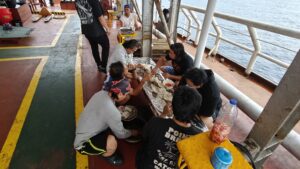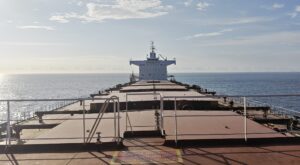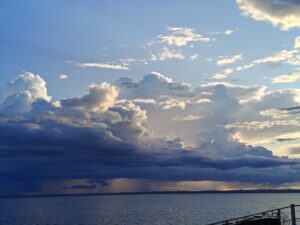Basahin ang artikulong ito sa tagalog.
Being a seafarer is a journey of love, sacrifice, and resilience. Seafarers spend months at sea battling homesickness and navigating the challenges that come with their line of work. The job provides several opportunities, dreams turning into reality, and financial stability. However, it also presents some difficulties, especially when maintaining close relationships with their loved ones back home.
Communication is the lifeline for Filipino seafarers who want to stay connected to their families and/or significant others despite the distance. Hence, they choose a company that offers an internet connection on ships, and if not, they are very willing to spend a certain amount of money just to talk with their loved ones. They utilized different social media platforms to communicate with them via messages and video calls. It is easier to manage the longing and endure the hardships that come with long separation when one can maintain communication with loved ones.
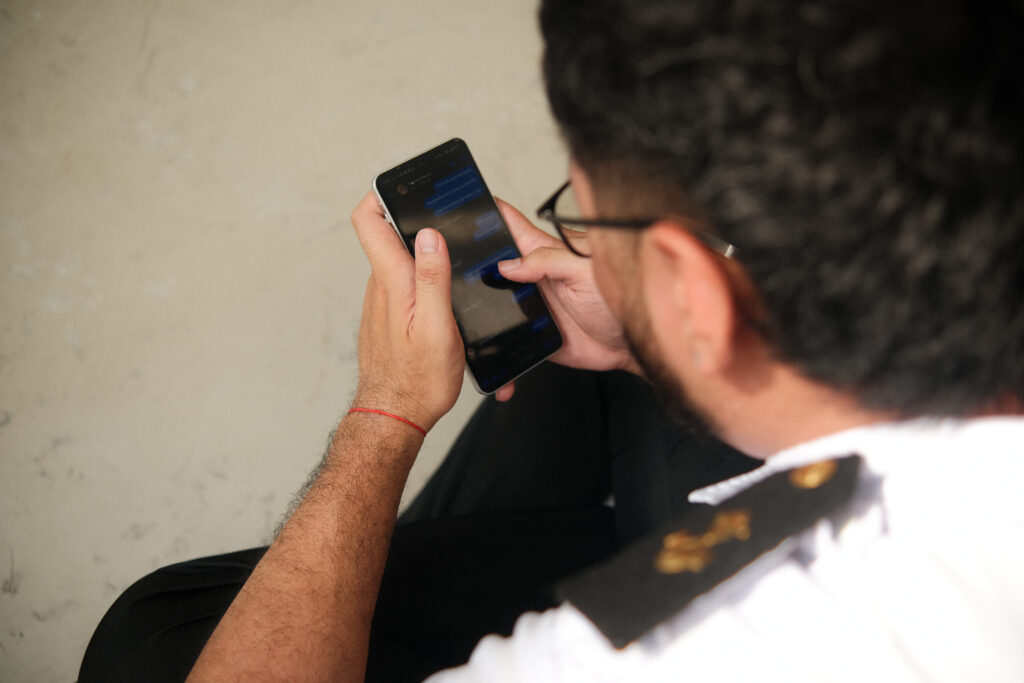
However, there may be times when a seafarer can’t talk with their families due to demanding work conditions, weather, or limitations in technology. In times like this, they speak to their fellow seafarers instead. Their crew members have become their extended family, and they provide emotional support whenever needed. By applying the Filipino core value of “pakikipagkapwa,” Filipino seafarers were able to form friendships and bonds with them from time to time. “Pakikipagkapwa” core value is interacting with other people and treating them equally, despite the differences that you have with each other.
Filipino seafarers are usually working on board together with their crewmates, who are composed of different nationalities. The ratings usually have contracts that last nine months, while the officers work between three to six months (Radic et al., 2020). While they are on a voyage to different countries and places, they’re being separated from their family in the Philippines. There is no doubt that sometimes a long separation from their loved ones can be an emotional challenge. In their line of work, there are maritime tools that help them navigate, but most of the time, their family and friends keep them going whenever they’re feeling lonely.
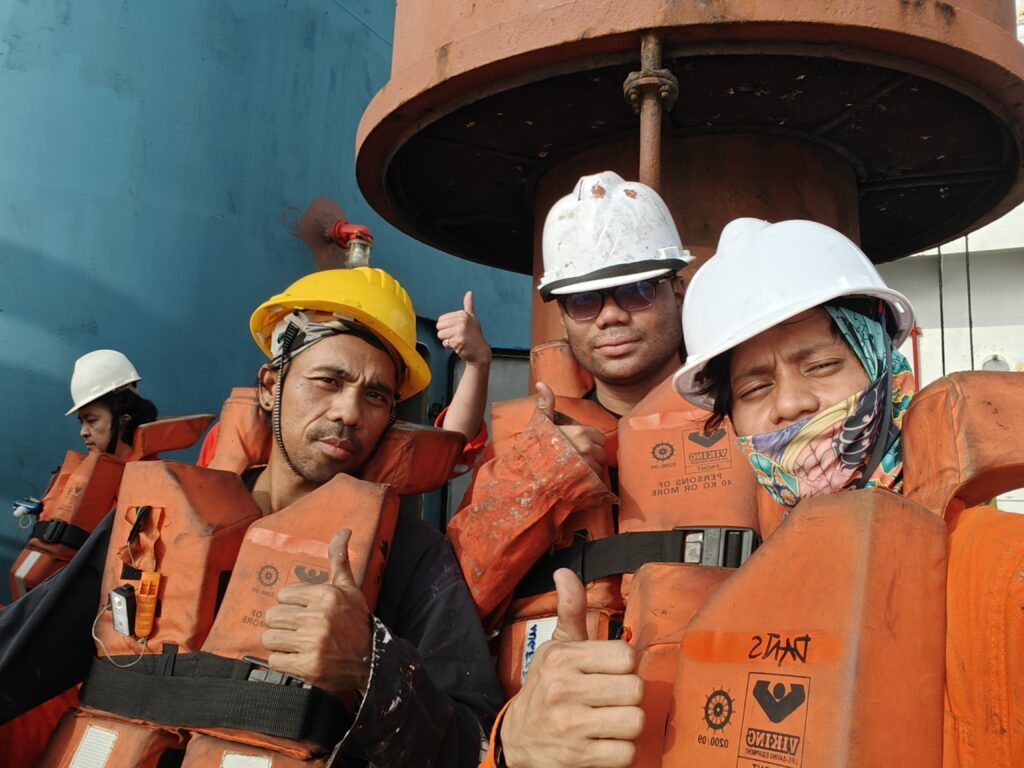
The difficulties can come from long distances, working hours, homesickness, lack of sleep, getting scolded by higher officials, and cultural barriers. While they’re on land, they have a dream of sailing and traveling to different places for themselves and their families. However, once they’re on the ship, they might wonder what it’s like to set foot on land again, hug their loved ones and friends, and spend quality time with them. Some journeys last from hours to months, depending on the port’s destination. They have to wait for sunset and sunrise every day, and there are times when they’ll even experience heavy storms.
Despite the challenges they encountered, they were able to handle all those trials and met new friends along the way. The Filipino value of “kapwa,” which emphasizes shared identity and mutual support within close relationships, often leads individuals to rely on family and friends rather than professionals (Martinez et al., 2020). Their family, friends, and fellow Filipino crewmates provide them with emotional support, and they prefer private messaging and/or group chats as modes of digital communication. There are times when a Filipino seafarer prefers to be friends with fellow Filipino seafarers rather than with other nationalities to feel a sense of connection and belongingness.
Some seafarers cope with loneliness, worry, and anxiety during a long-duration contract by talking with their crewmates and bonding with them. They engage in physical activities, gambling, and drinking, which helps them feel better. The seafarers work with other crew members and officials who come from diverse cultures and backgrounds. However, their social interaction with each other is a different experience. The emotional connection that they were able to build on board helped them to reduce their stress and feelings of isolation.

Yung while on board at sea, yung pag-deal ko ng stress is by cooping up with my crewmates and naguusap-usap lang kami dun sa crew mess, yung isa. Tsaka may tinatawag naman kaming “Sabado nights”. Yun yung parang, way of coping sa stress, pampawala ng isip sa trabaho
— Dan, Deck Cadet
They work in either a cargo ship or a cruise ship, and it is given that Filipino seafarers are mixed up with other nationalities and rankings. It may be associated with misunderstandings, discrimination, or bullying. The problems between seafarers and crewmates or a captain can lead to fights due to language disparities or cultural differences. However, these can be prevented by having good work dynamics, socialization, and proper communication, and being treated as an equal among seafarers. Helping one another during tough times and getting along with others are important factors in creating a healthy work environment. Hence, Filipino seafarers manage to handle difficulties because of their communication skills, dedication, and resilience, which is why most ship owners continue to employ them (Balido, 2024).
The use of a common language can become a way for Filipino seafarers to unite and show solidarity. For example, they use localized names for the officers. The captain is called ‘tatay’ (father), the chief engineer is called ‘hepe’ (chief), and the chief officer is called ‘kamote’ (a joke about having to scratch the head). The seafarers can voice out their opinions or freely talk to one another whenever they use the Filipino language without risking their jobs. In this way, they can tell their crewmates about their day, how much they miss their loved ones, seafaring experiences, news, or any topic they want to talk about in a relaxed manner. Speaking in a local language helps them to understand and build good relationships with each other (Gekara & Sampson, 2021).


